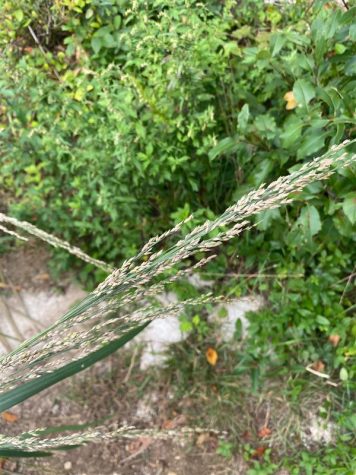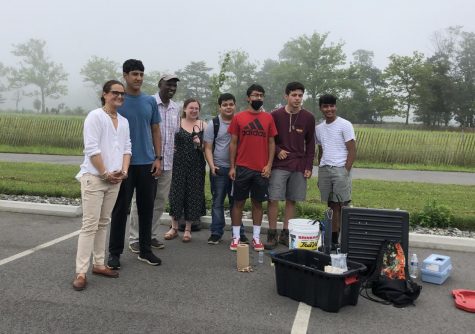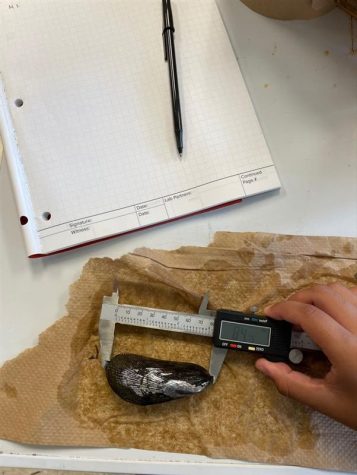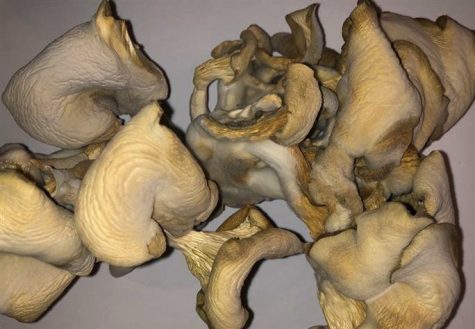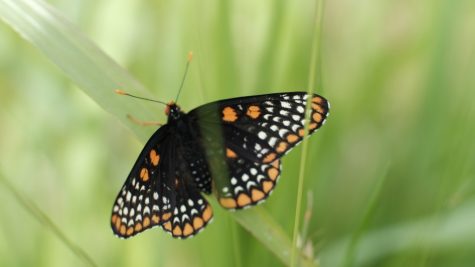Plastic Pollution
A project conducted in Dr. Grella’s research course.
October 7, 2021

Plastic pollution is a widespread global problem that has a negative impact on the marine environment. Plastic pollution has a significant impact on the local marsh and the Long Island Sound. Salt marshes protect shorelines from erosion and nutrient overload by metabolizing excess nutrients, they are also home to many organisms.
For this study, plastic was collected along the marsh in Crab Meadow in the spring to determine the amount of plastic and the different types of plastic in the marsh. Three samples were taken along one meter transects. The plastic was separated into seven different types of plastic in the lab. The plastic was then weighed to determine which type was the most abundant. The total weight of all plastic types was 1,720.04g. Plastic Type 1 (PETE) was found more frequently than the other types of plastic.
Plastic type 1 is more prevalent in our daily lives, demonstrating that the most common plastic is also the most polluted. Future research will concentrate on plastic pollution in the marsh, utilizing housing density and different sediment samples from different elevations of marshes to determine the amount of microplastics found. Our hope is that this research can inform society of the importance of recycling as an effort to protect our coastal ecosystem.



